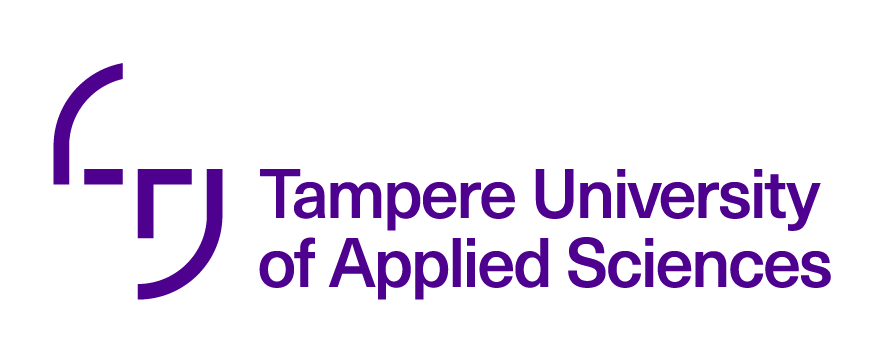Education Science and the Basics of EducationLaajuus (5 cr)
Code: 1L00EW27
Credits
5 op
Objectives
As a framework for all the learning objectives are the five core competencies in teachers’ work which are assessment and evaluation competencies, cultural competencies, facilitation competencies, partnership competences and wellbeing competencies.
Teacher student
- knows key concepts and phenomena of education science and research and use them to explain learning
- is familiar with different conceptions of learning and can use them as tools for development and apply them in their own field and in developing their own teacher's creed
- evaluates the philosophy behind ethical and value questions in teachers’ work and is able to see their own work as a part of a historical and philosophical continuum
- explains the significance of a person’s growth and life cycle in teaching and education
- analyzes the societal responsibilities of an education system and their own role as a teacher in exerting influence in society.
Content
What are the basic concepts and phenomena in education science and research?
What kind of learning conceptions exist and how can they be applied in teachers’ own work?
What is education and learning in different operation environments?
How has teachers’ work changed and what historical turns and movements have existed before?
What perspectives do educational and developmental psychology offer to teachers’ work?
What perspectives does sociology of education offer to teachers and their work?
What is lifecourse thinking?
What is the Finnish education system like and what are its responsibilities in society?
How has the conception of teaching and learning changed alongside changes in society?
Assessment criteria, pass/fail
Pass: Teacher student
- combines theoretical data with their own experiences and observations
- reflects their observations, actions and experiences and evaluates their significance to their own competences and knowledge
- participates actively in the group learning process by sharing expertise, searching for information and collaboratively creating knowledge at online and at face to face meetings
- analyzes and evaluates their learning results and choices made
Fail: Teacher student
- describes theoretical knowledge and experiential knowledge and observations separately, discussion is shallow
- presents disconnected facts and/or paraphrases literature
- does not participate in the group processes actively
